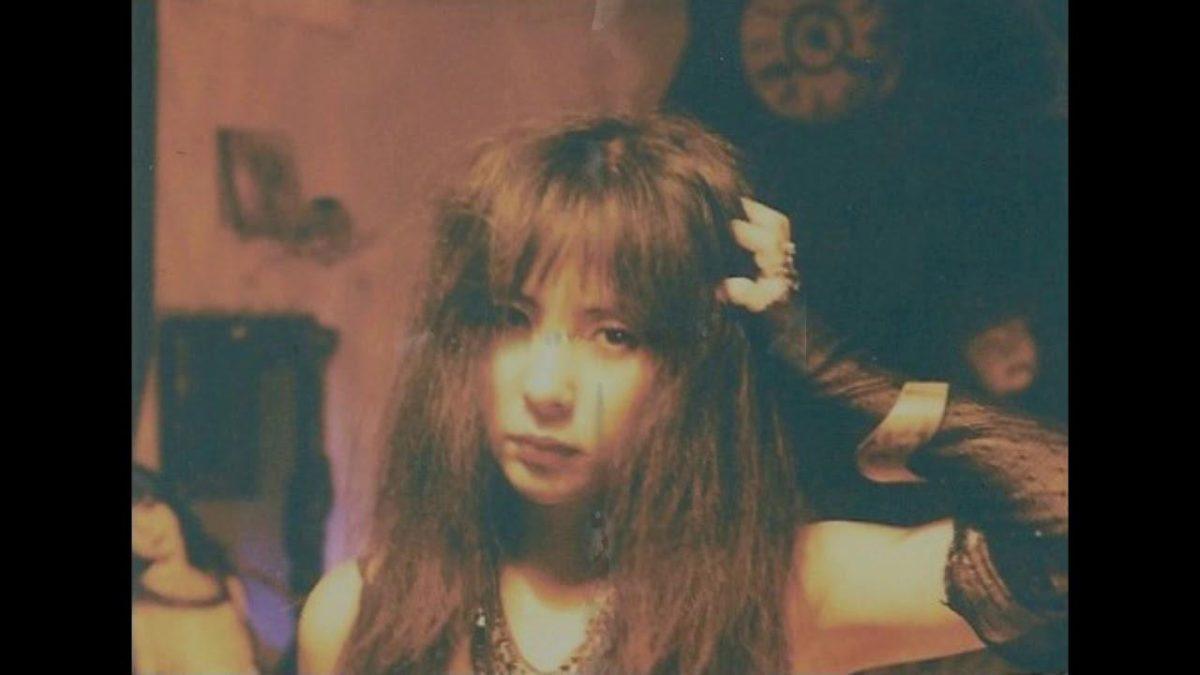Shizuka Miura is a legend in the underground Tokyo psychedelic-noise rock scene. In 1994 we saw the release of her debut album Heavenly Persona and it permanently changed the public’s view of the genre. Her unique sound draws inspiration from shoegaze and dream-pop to create a diverse discography that allows her to stand out among her genre. However, the music has not been easily available because the target audience of this music was mostly the underground Tokyo scene, streaming did not yet exist and the album was not mainstream enough for mass production. Fortunately, the album was re-released this year on vinyl and streaming services for all ears to hear.
Miura has very delicate vocals, she is soft spoken until her songs inevitably erupt in a Mitski-like fashion. She describes her pain not only through her lyrics but through her powerful vocals. which evokes a feeling of vulnerability and despair, often sounding like Bjork as she moans and cries through her songs. Though she has many songs that are slow and melancholic, the occasional hardcore noise-rock surprise shows that she not only knows sadness but also intense anger. Her album begins with a two minute cacophony of noise reminiscent of Sonic Youth’s “Daydream Nation” days, filled with the screeching of a slide being dragged up and down the neck of a guitar, drums blasting through the sounds of the guitar and loud tender vocals. However, she quickly changes course and goes into her second song “Pandora’s Box” which features a mellow guitar riff with Mirua’s evocative vocals leading the rhythm of the guitar. As Shizuka quiets down the somber guitar takes over adding ambiance to the track as it slowly draws to an end. The next track, “Butterfly, Alight On A Girl’s Lips”, sounds akin to the prior song drawing once again on ambient, shoegaze genres. This is the best track on the album, featuring Mazzy Star-like bells ringing throughout the song and a simple guitar strum that keeps the melody together. The whole album is very loose with its instrumental elements, whatever instrument is being featured controls the song and whatever else is involved is merely background noise. There is no clear rhythm but it is not a problem as the album evokes a dream-like sensation where you really don’t need any guidance, the music takes you where it is going and you are just along for the ride. This is a very lengthy album but it is an album you can get lost in; with 7 songs clocking in at forty-six minutes, Shizuka shows that she is not afraid to take her time with her art and she is willing to give her art the time it needs whether the song is 2 minutes or ten. Her music fills you with a sense of longing that cannot be satisfied, she understands a deep emptiness that many artists have tried at but failed to emulate.
The latter half of “Heavenly Persona” is similar to the former except this half has more structure in the instrumentals and melody. The album takes on more of a dream-pop role and resembles bands like Slowdive and Mazzy Star. As “Plan For Solitude” progresses it sounds similar to the entirety of the album until the last two minutes where Shizuka finally shows off her instrumental prowess with a guitar solo that has been building up the entire album. It feels as if all her pain until this point has been let out on the listener, she assures that you will understand her suffering. She continues her ambient style throughout the next track, “Bloodstained Flowers”. With each song Shizuka introduces a new component to slightly change her style and make sure every song stands out even if the atmosphere remains the same. Though the instrumental style may be simple, the simplicity of the music is what makes it so great. There is the occasional interruption of grungy-noise rock but that’s not what draws the listener in, the raw, dissonant vocals keep the listener asking for more. “Crystal Wings” is where the album takes a turn, adding scratchy, gravelly violin that surprises you the first time you listen. Shizuka makes no effort in sounding sweet or melodious, she puts herself out on display in her most raw form with no shame. The conclusion to the record,“6 gram star”, is by far the best song on the album. It’s an unrestrained, bitter masterpiece of a song and truly shows the extent of Shizuka’s talent; featuring a 3 minute face melting guitar solo to conclude the album Shizuka pulls out all the stops. The instrumentals evoke pure sadness in the listener almost immediately, which is a difficult task. There is life in this music, there is a desire to grow and change playing out in front of you.
We see Shizuka’s growth throughout the album, she starts very scattered with wailing vocals and slowly builds into her mature rock ballads all within forty-five minutes. The instrumentals get progressively more complex, each track builds off of its predecessor with instrumentals and vocals. Though the vocals stay more or less the same the album never seems repetitive. Each song has a sense of confident individualism because there was a lack of artists doing what Shizuka was doing, she was part of the blueprint of the Tokyo Underground scene. While Shizuka is no longer with us, her music has never been more readily available. Since Shizuka was not a major musician it was very difficult for her to be discovered, but now she is building a new fanbase with the new generation, much like Boa in recent years. This album is an absolute masterpiece and deserves the recognition it never received in the shoegaze and dream-pop genres.





